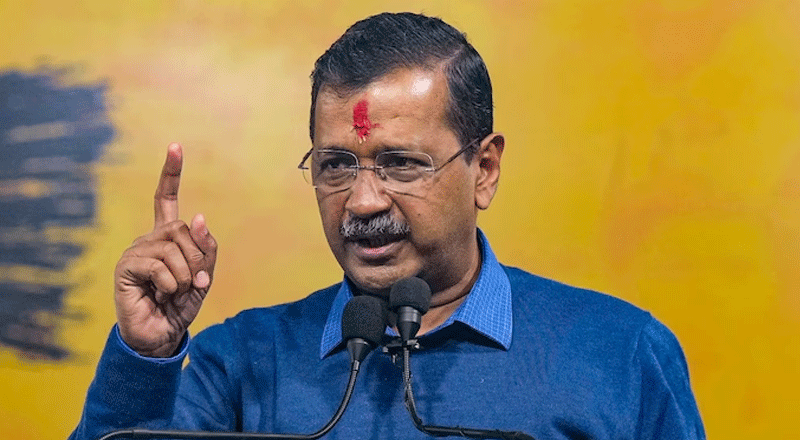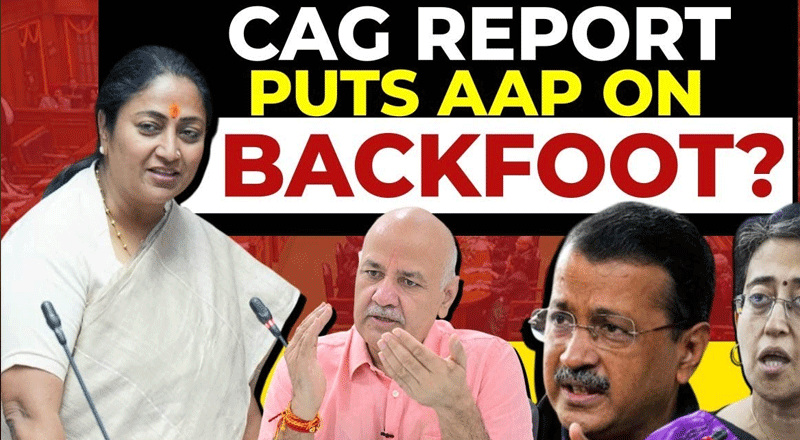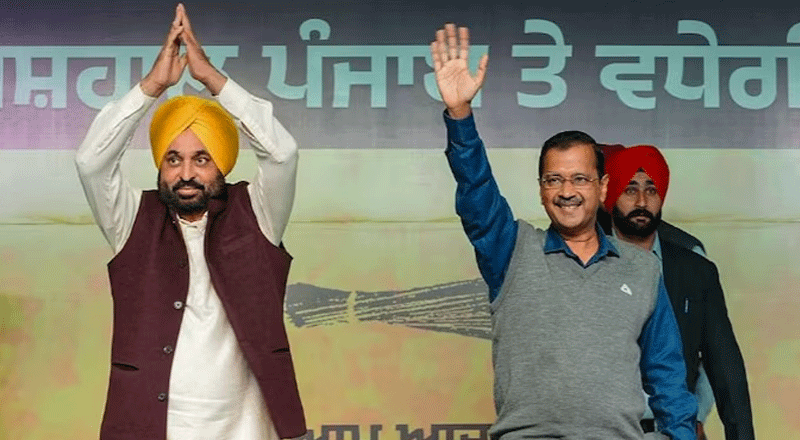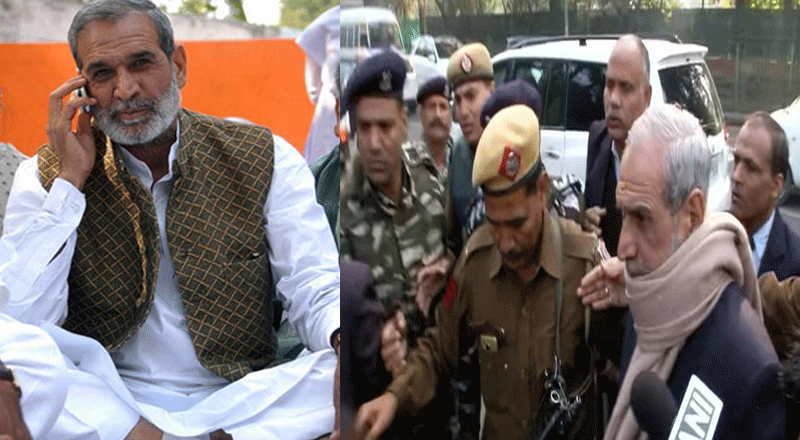As the Delhi Assembly Elections 2025 draw closer, the Aam Aadmi Party (AAP), led by Arvind Kejriwal, has unveiled its much-anticipated election manifesto. With a strong focus on social welfare, employment generation, and public service improvements, Kejriwal has presented 15 key guarantees, aimed at enhancing the quality of life for Delhi residents. From free healthcare to clean drinking water and improved infrastructure, the manifesto reflects AAP’s commitment to governance centered on public welfare.
AAP’s Vision for Delhi: The 15 Guarantees
Kejriwal’s manifesto, labeled “Kejriwal Ki Guarantee,” outlines several flagship schemes and promises, including:
- Mahila Samman Yojana: Monthly financial support of ₹2,100 for women.
- Sanjeevani Yojana: Free healthcare facilities for senior citizens.
- Employment generation: A pledge for robust job creation for Delhi residents.
- Public Transport Benefits: Free bus travel for students and a 50% concession on metro fares.
- Basic Amenities: Assured 24-hour supply of clean drinking water and continued free electricity and water.
- Environmental Initiatives: Commitment to cleaning the Yamuna River and improving Delhi’s roads to world-class standards.
- Educational Reforms: The Babasaheb Ambedkar Scholarship Yojana, offering scholarships for SC/ST students to study abroad.
- Social Welfare Schemes: Monthly financial assistance of ₹18,000 for priests and Gurudwara Granthis.
- Infrastructure Development: A commitment to improving Delhi’s sewage system.
- Financial Relief Measures: Waiving outstanding water bill hikes and issuing ration cards to the underprivileged.
- Support for Auto and Cab Drivers: Financial support and insurance coverage of ₹10 lakh.
- Marriage Assistance: ₹1 lakh financial aid for daughters’ weddings.
- Tenant Benefits: Extension of free electricity and water benefits to renters.
- Resident Welfare Associations (RWAs): Allocated funds for hiring security guards and improving local safety.
AAP vs BJP: Kejriwal’s Attack on Modi Government
During the manifesto release, Kejriwal took direct aim at Prime Minister Narendra Modi’s BJP, questioning the authenticity of their promises. He criticized the BJP’s previous election commitments, citing Modi’s 2014 promise of ₹15 lakh per citizen, which was later dismissed by Amit Shah as a ‘chunavi jumla’ (election gimmick). Kejriwal further claimed that if the BJP wins, household expenses in Delhi will rise by ₹25,000 per month.
The Evolution of Delhi’s Election History
Delhi’s electoral landscape has undergone a significant transformation over the years. Historically dominated by the Congress Party, the capital saw a political shift in 2013 when AAP emerged as a formidable force. The party’s governance model, centered on free public services, education, and healthcare, helped it secure a landslide victory in 2015 and 2020. With this manifesto, AAP hopes to retain its dominance for a third consecutive term in 2025, facing stiff competition from BJP and Congress.
To conclude, we can say, AAP’s 2025 manifesto reinforces its pro-people governance model, with an emphasis on employment, social welfare, and public infrastructure. While the promises are ambitious, their feasibility remains a key question. As Delhi gears up for elections, the voters must decide whether Kejriwal’s “guarantees” are convincing enough to secure another term or if the BJP and Congress can challenge AAP’s stronghold. The upcoming elections will not only shape Delhi’s future but also set a precedent for governance models across India.
(With inputs from agencies)





